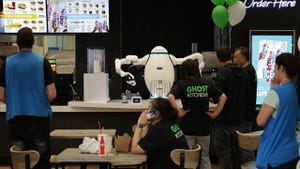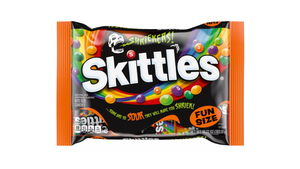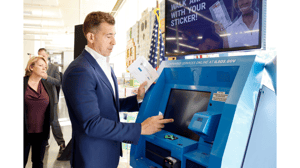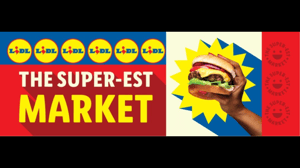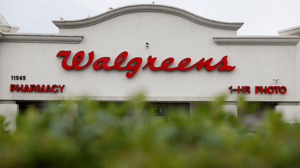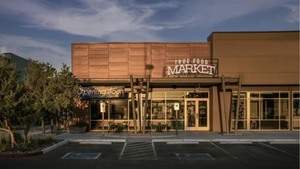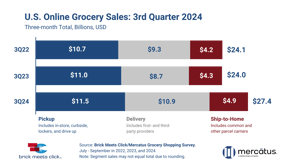Sponsored By
News
The front of a Walmart store showing the Walmart logo.
Nonfood & Pharmacy
Walmart now delivers prescription drugs in select statesWalmart now delivers prescription drugs in select states
The pharmacy program will expand to most of the country by the end of January; announcement comes a day after Amazon’s pharmacy offering
Stay up-to-date on the latest food retail news and trends
Subscribe to free eNewsletters from Supermarket News










